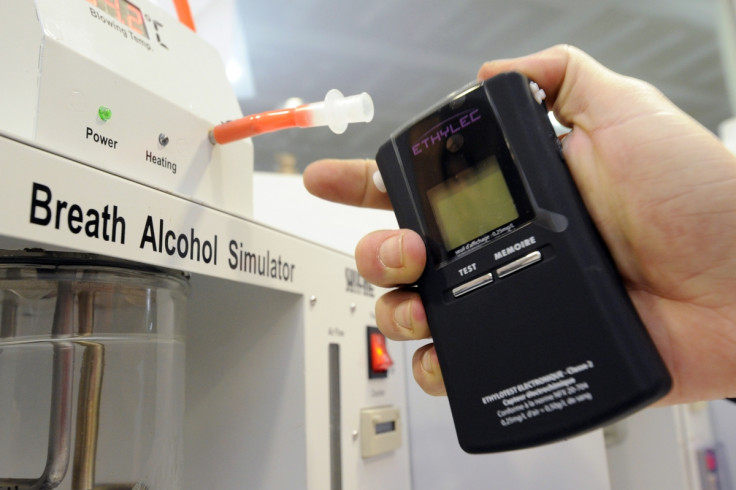Textalyzer can detect if drivers were using their phones before they crashed

Police in New York are introducing new roadside "textalyzer" tests that will determine whether drivers involved in accidents were using their mobile phone when they crashed. The new technology, created by Israeli firm Cellebrite, can detect an activity log allowing authorities to determine whether a driver was unlawfully distracted at the time of a crash.
The mobile forensics solution is being provided by the same company that helped the FBI unlock the iPhone 5C belonging to San Bernardino shooter Syed Farook.
The textalyzer builds on Cellebrite's UFED solution, which allows authorities to extract and decode mobile device data such as call logs, messages and media files at the roadside while keeping personal information like conversations, contacts, numbers, photos and application data private.
Textalyzer technology is being introduced in the United States under new legislation to combat "distracted driving" and increase accountability for drivers who cause accidents while using their mobile phones. New York will be the first state to allow police to examine phones at an accident site under the new legislation.
Heart of the problem
According to the National Highway Traffic Safety Administration, texting at the wheel is six times more dangerous than driving while intoxicated. Despite this, data from the AAA Foundation for Traffic Safety suggests that 67% of drivers still use their mobile phones while in control of a vehicle.
The technology is being introduced by the Senate, together with awareness organisation Distracted Operators Risk Casualties (DORC). DORC co-founder Ben Lieberman said: "The general public knows distracted driving is a problem, but if people knew the extent of the damage caused by this behaviour, they would be amazed. With our current laws, we're not getting accurate information because the issue is not being addressed at the heart of the problem — with the people causing the collisions."
"I have often heard there is no such thing as a breathalyser for distracted driving — so we created one. Respecting drivers' personal privacy, however, is also important, and we are taking meticulous steps to not violate those rights."
© Copyright IBTimes 2024. All rights reserved.






